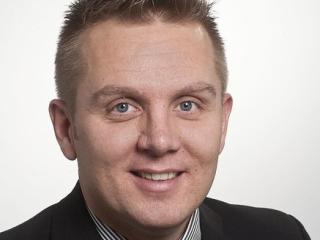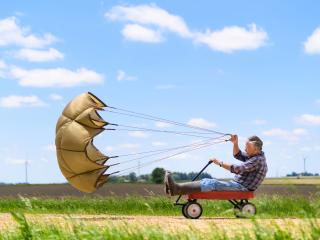How organizations can contribute to a more sustainable future
The world's major problems are much discussed and broadly known. Inequality in wealth. Poor access for many people to health, education, water and sanitation. And the destruction of the natural environment and the other species with which we share it. To continue to survive on our planet, fundamental changes are needed in our way of life. Organization scientists Jörg Raab, Federica Angeli and Ashley Metz are trying to unravel what role organizations and new forms of organization can play in this process. Together with a group of international co-authors, they wrote the book "Organizing for sustainable development.
"There is no doubt that organizations, whether corporate, NGO or networked, play an important role in the changes required for a sustainable future. Knowledge developed in organization studies can play a role in accelerating and deepening the required transformation. Our book responds to the increasingly compelling call to develop a better understanding of new forms of organizing that more efficiently and effectively develop resources, norms and values for a sustainable future."
Resistance
"Basically, most organizational questions have to do with how best to divide tasks and how to bring them back together as efficiently and effectively as possible for solving a problem, producing goods or providing services," says associate professor Jörg Raab. "This is how we arrive at common goals, divide tasks and coordinate input. Whether that happens with a few people or with thousands. The same questions underlie the necessary transformation related to sustainability to get it done. This is easier said than done, because organizations can be rigid and resisting to change."
Ashley Metz: "Organizations face a variety of macro- and micro-level forces over which they have little or no control. Yet organizations play a critical role in enabling the transition to a sustainable world. They are on the front lines where decisions are made that affect global supply chains, workers and the environment. Individually, they can question taken-for-granted practices and collectively, they can drive larger changes."
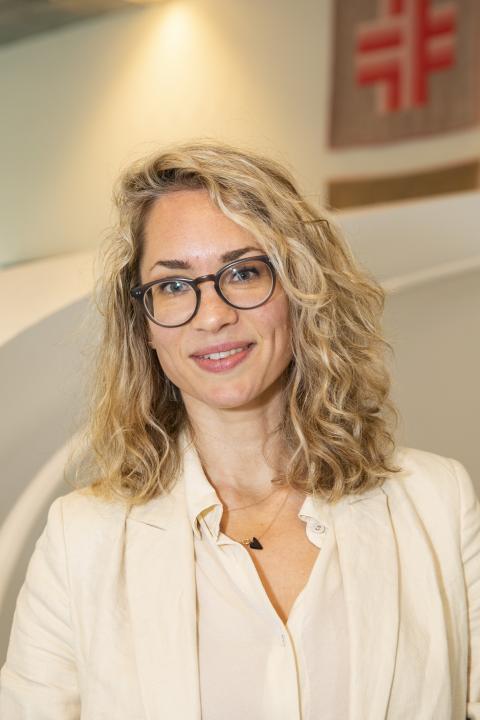
Organizations are on the front lines where decisions are made that affect global supply chains, workers and the environment
- Ashley Metz
Complex connection
"Organization studies focus on the goals, structure, processes, culture and strategies of all types of organizations and all ways of organizing. The world is becoming increasingly complex. There is interaction and interdependence between organizations, their stakeholders and the systems in which they operate. We are just beginning to understand how we can change highly interdependent and complex organizational and business models to be both economically and environmentally sustainable. And how we can organize this transition" says Jörg Raab.
"An example is the clothing industry, where some companies have five changing collections every year. What they can't sell is simply dumped. The big challenge is the associated business and organizational model. How do we get from this huge waste of resources and energy and the environmental damage that goes with it to a model that conserves resources and produces clothing that people can and want to buy? Change is clearly needed and there are lots of initiatives, but it is very difficult to change existing structures and scale up change. In the book, we put existing concepts side by side to understand why that is."
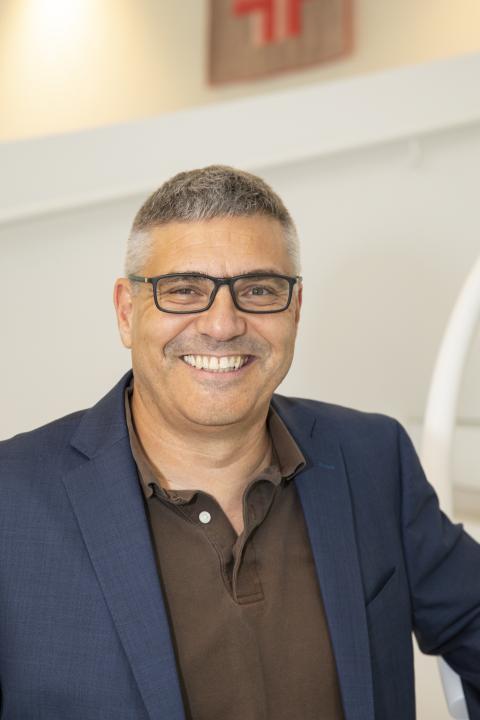
Change is clearly needed and there are also lots of initiatives, but it is very difficult to change existing structures and scale up change
- Jörg Raab
Gap
Federica Angeli is professor of management and director of research at the University of York. "There is a gap between what academics envision and the strategies developed by multinationals," she says. "A good example is the 'base of the pyramid' theory. The idea is that at the base of the market (bottom of the pyramid) you find people with very low incomes and little to nothing to spend. Because of the size of this group of people, it is theoretically possible for businesses to make a profit on a very small margin. Doing good by doing good is the idea.
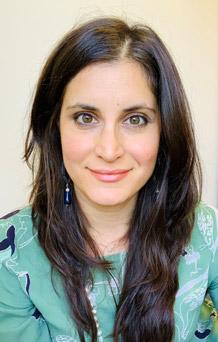
There is a gap between what academics envision and the strategies developed by multinationals
- Federica Angeli
Unfortunately, practice proves to be unruly. In this case, the enormous heterogeneity within the population was completely ignored. There is no one size fits all. Second, companies emphasized affordability, whereas the primary concern is that people are aware of the product, that they understand how it can benefit them, and that they have confidence in its sociocultural acceptability. And so, it could happen that a life-saving diarrhea drug for children in India was not sold. Even though it was affordable, harmless, effective and easy to use. It was ignored and parents did not trust the product or the doctors who tried to persuade them."
Untangle
"With our book, we want to make an attempt to bridge the gap between science and practice and learn from the shortcomings of different approaches. We disentangle different theories and practical examples on how organizations can contribute to sustainable development. Initially for students and academics, to provide a foundation for knowledge building in our field. Because we have also included real-life examples, the book may also be of interest to academically trained practitioners. And, of course, through students and academics, the knowledge also finds its way into organizations."
About Organizing for sustainable development
The book was written by Federica Angeli, Ashley Metz, Jörg Raab, and a group of international co-authors. While the fundamental questions for a sustainable future obviously cannot be answered in a single book, the authors try to unpack what role organizations can play in possible solutions and how new forms of organization can contribute to them. Although research related to sustainability has taken place for decades, students, academics and others interested in various disciplines often still find themselves confronted with largely separate discussions about the role of organizations in making our lives more sustainable. With this book, the authors aim to bring together some of those discussions and to consolidate and advance the contribution of Organizational and Management Studies to the pursuit of sustainable development. The book ‘Organizing for Sustainable Development' is now available.

